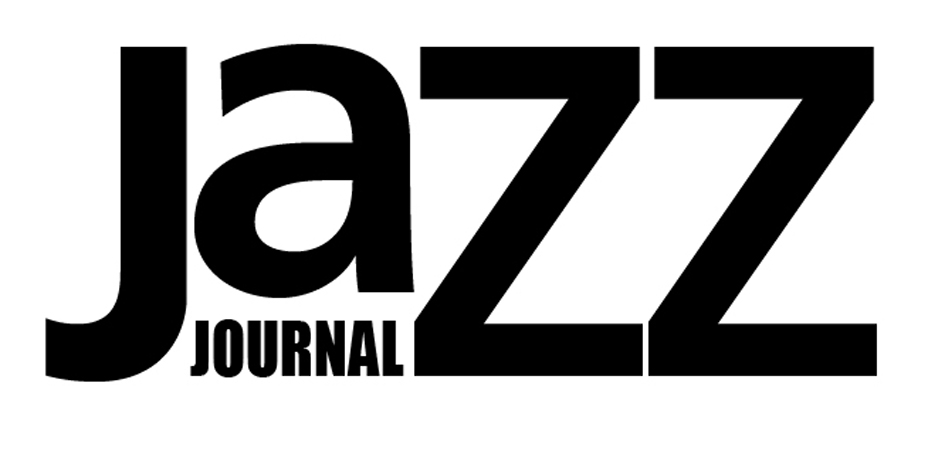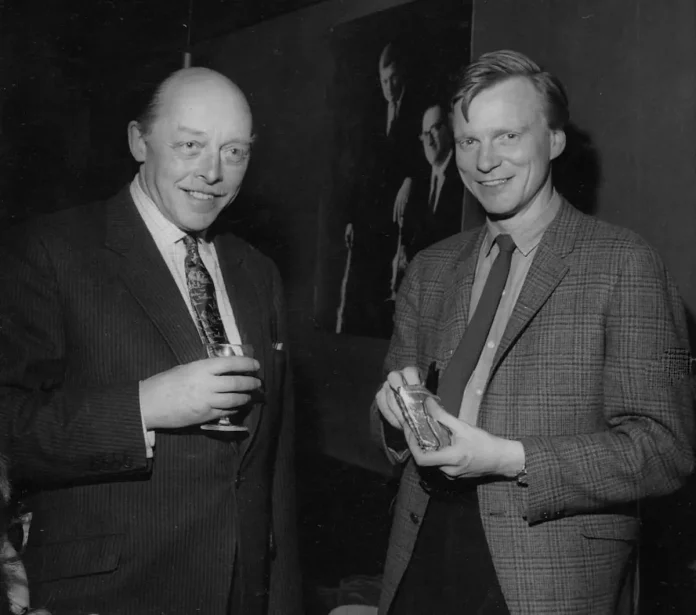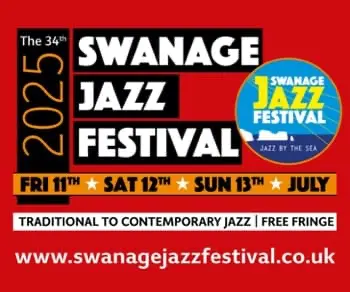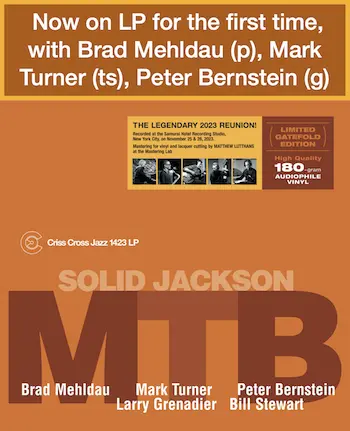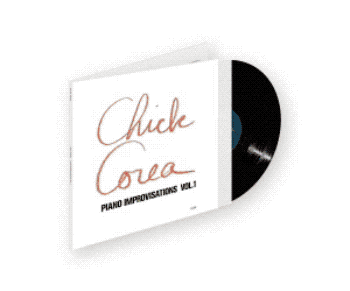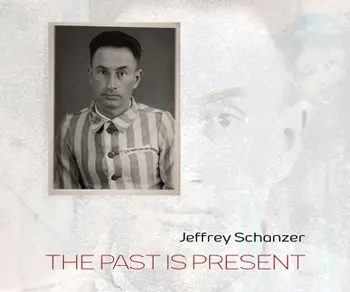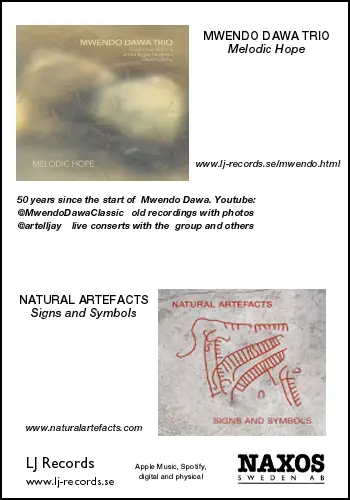Ben Webster: Soulville (WaxTime 772350-LP)
The swing-era trinity of Coleman Hawkins, Lester Young and Ben Webster really wrote the book on the tenor saxophone until John Coltrane and others came along. During the 30s Webster had worked with Andy Kirk, Fletcher Henderson and Benny Carter but it was probably his stay with Duke Ellington (1939-1943) that was most memorable. As he once said, “I got my college degree in music from working with Fletcher Henderson and my PhD from Duke.” His solos on All Too Soon, Cottontail, Chelsea Bridge and C Jam Blues became so famous that when subsequent sidemen like Harold Ashby and Paul Gonsalves joined the band, they could play them note-for-note. It was around this time that Webster developed a really full sound because, as he later said, “In order to blend with Harry Carney you had to sound big.”
Soulville finds him in the very sympathetic company of Oscar Peterson’s trio augmented by Stan Levey. The group take a gentle stroll through a set of ballads and blues which were Webster’s calling-card for years. Even Lover Come Back To Me, which in other hands can occasionally be a little frantic, is taken at a relaxed 30 bpm. Where Are You is included because Webster liked the way Sinatra did it with Gordon Jenkins. His rhapsodic approach here recalls Johnny Hodges, who was an acknowledged influence.
Both Webster and Peterson worked with Jazz At The Philharmonic in the 50s and whenever that little troupe made a pit-stop, Norman Granz would often record them. Their Legendary Sessions, which includes Soulville, has 29 titles recorded between 1953 and 1959 on Essential Jazz Classics EJC 55452. Another classic Webster date and one I often return to is the 1956 Art Tatum Masterpieces Vol 8 on Pablo 431-2.
Gerry Mulligan: Nocturne (Red Records RR 123350-2)
This double-CD featuring Gerry Mulligan’s quartet from a 1992 Bologna concert is being released here for the first time. Just as in all Mulligan’s small groups over the years he is accompanied by a well-rehearsed unit thoroughly at home with the Jeruvian scene. Although pianist Harold Danko had never recorded with Mulligan he had often worked with his big band and also with the quartet back in the 80s. Bassist Dean Johnson had been with Mulligan since 1987 when he appeared on Symphonic Dreams (Intersound CDP 703). Ron Vincent on drums was the newest member, having first recorded with him three months earlier on Mulligan’s Re-Birth Of The Cool CD (GRP Records GRD 9679). Johnson and Vincent remained with Gerry until his death in 1996 and along with Danko performed at his memorial concert that year together with luminaries like Gary Smulyan, Carol Sloane, Nick Brignola, Art Farmer, Lee Konitz, Clark Terry, John Lewis and George Shearing.
The repertoire features many new compositions together with a gentle bow to staples from his earlier work. Walkin’ Shoes, for instance, was recorded by his first quartet with Chet Baker after he had hitch-hiked from New York to Los Angeles – a journey that has become part of jazz folk-lore. His recording of My Funny Valentine was responsible for popularising what had been an obscure Rodgers & Hart song from the 1937 show Babes In Arms. He probably achieved considerable radio air-time by dedicating Line For Lyons to disc-jockey Jimmy Lyons, who had a very popular show on KNBC.
The concert opens with The Flying Scotsman, which his band had introduced when Mulligan was composer in residence at the 1988 Glasgow Jazz Festival. The quartet negotiate what was essentially a big-band chart with aplomb. The song-like Lonesome Boulevard is one of his loveliest ballads. Someone should really think of adding a lyric. The 16-bar blues Out Back Of The Barn is the longest track, allowing the group to stretch out and really let their hair down. The mysteriously titled Midas Lives is an anagram for Miles Davis, a reminder that they had remained close over the years.
